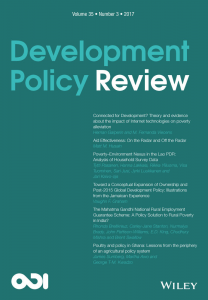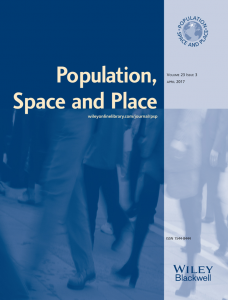Whose economic crisis?
nmccoy1
 The media, the government, and the stock market are reporting and reflecting on the economic crisis that seems to worsening by the minute. People are out of work, jobs are not paying enough, savings are disappearing and Congress must act now (see article below) to protect the millions affected. But none of this is new or any less urgent today than it was five, ten and twenty years ago to a large population of marginalized peoples. The question is, why does it matter now? Does the economic “crisis” matter now because white middle and upper class families are being affected? Nancy Fraser’s work on the gendered nature of unemployment benefits illuminates the ways in which society assigns blame and responsibility differentially based on race and gender. The overwhelming number of recipients of welfare are women, with African American women disproportionately represented. Welfare recipients are monitored, they have to prove that they are deserving of money, they have had to subject themselves to emotional and physical oversight to continue to receive the money they need. On the other hand, unemployment benefits are chunks of cash, whose recipients tend to be male and white, no oversight, no need to prove yourself “worthy” of this assistance and certainly no physical scrutiny of their sexual activities. In light of these differences it is worthwhile to think about the urgency and extension of financial assistance in the form of unemployment benefits today contrasted with the blame, stigma, and opposition to welfare reform over the last twenty years. The economic “crisis” has been felt for a very long time, it is not a recent phenomena; what is new is who is asking for help and whose claims are legitimate.
The media, the government, and the stock market are reporting and reflecting on the economic crisis that seems to worsening by the minute. People are out of work, jobs are not paying enough, savings are disappearing and Congress must act now (see article below) to protect the millions affected. But none of this is new or any less urgent today than it was five, ten and twenty years ago to a large population of marginalized peoples. The question is, why does it matter now? Does the economic “crisis” matter now because white middle and upper class families are being affected? Nancy Fraser’s work on the gendered nature of unemployment benefits illuminates the ways in which society assigns blame and responsibility differentially based on race and gender. The overwhelming number of recipients of welfare are women, with African American women disproportionately represented. Welfare recipients are monitored, they have to prove that they are deserving of money, they have had to subject themselves to emotional and physical oversight to continue to receive the money they need. On the other hand, unemployment benefits are chunks of cash, whose recipients tend to be male and white, no oversight, no need to prove yourself “worthy” of this assistance and certainly no physical scrutiny of their sexual activities. In light of these differences it is worthwhile to think about the urgency and extension of financial assistance in the form of unemployment benefits today contrasted with the blame, stigma, and opposition to welfare reform over the last twenty years. The economic “crisis” has been felt for a very long time, it is not a recent phenomena; what is new is who is asking for help and whose claims are legitimate.
Senate bill for unemployed




1520-6688/asset/Capture.jpg?v=1&s=b5076c49a7d1c5f1b9cf0dd9cd292394a3be81cc)